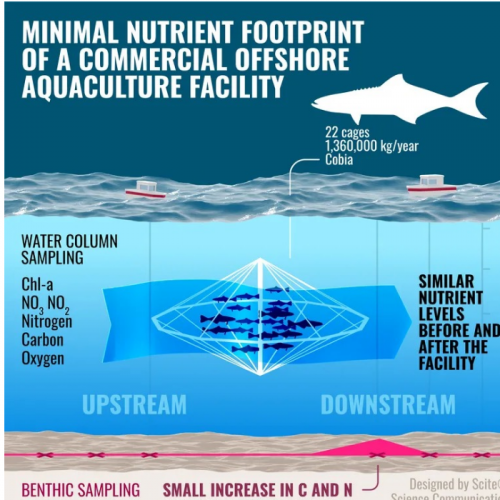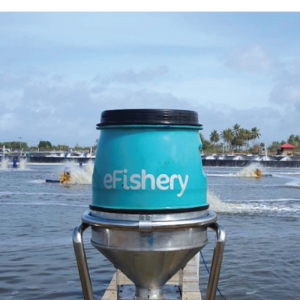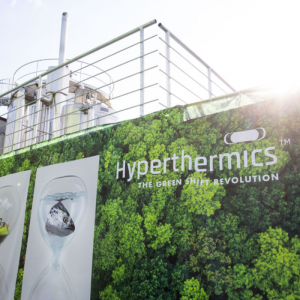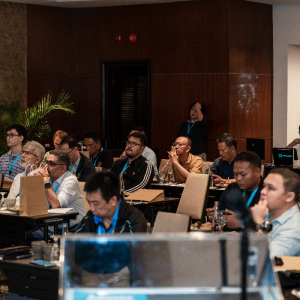
Study Backs Offshore Aquaculture Expansion
| Wed, 17 Jul 2019 - 13:21
Offshore finfish farming operations can have “minimal impacts to the surrounding waters”, according to the results of a new study.
The conclusion follows the investigation into the waters from Open Blue’s cobia production site off the coast of Panama, by scientists at the University of Miami (UM) Rosenstiel School of Marine and Atmospheric Science.
The researchers collected water samples at one upstream and three downstream locations from the submerged fish cages to investigate if there were significant or cumulative impacts resulting from locating fish farms offshore. Sediment samples were also collected to evaluate the effects of the aquaculture facility on the seafloor.
The data revealed that only small amounts of nutrients are released from the farm and demonstrated that – when appropriately sited – “commercial scale offshore aquaculture installations have the potential to operate in a way that produces a relatively small pollution footprint. The results also showed that any impacts from offshore fish farming are minimal compared to all other forms of animal protein production for human consumption.”
“We must produce 30 million tonnes of seafood to keep up with human population growth and increasing consumption of seafood – and the open ocean appears to be the best if not the only environment that would allow for this expansion,” said the study’s lead author, Dr Aaron Welch, who conducted the study while a graduate student at the UM Rosenstiel School and UM Abess Center.
“Showing that this can be done without incurring in a large footprint is something we will all benefit from. It’s a very relevant milestone to assist in developing offshore aquaculture in the Unites States,” he added.

Open Blue’s site includes 22 prism-shaped cages and is located 13 km off the coast of Panama in waters from 55 to 65 metres deep, producing more than 1,400 tonnes of fish per year.
“This study is of great interest to all stakeholders concerned with the expansion of offshore aquaculture in the United States and other countries,” said the study’s co-author Daniel Benetti, a professor in the Department or Marine Ecosystems and Society and director of aquaculture at the UM Rosenstiel School. “To our knowledge, this is the first report of its kind from a commercially scaled aquaculture facility utilizing offshore submersible cage technologies.”
The study was conducted to evaluate the impacts of organic and inorganic pollution from offshore fish farming, one of the major concerns raised in relation to commercial aquaculture production.
“This research shows that seafood production for human consumption can be produced in the offshore environment with relatively low environmental impact compared to other production methods,” said Benetti.
The study, titled “The nutrient footprint of a submerged-cage offshore aquaculture facility located in the tropical Caribbean,” was recently published in the Journal of the World Aquaculture Society. The study’s authors include: Aaron W Welch, Sharein El Tourky, Zachary Daugherty, Gary Hitchcock and Daniel Benetti of the UM Rosenstiel School and Angela N Knapp of Florida State University.
Source : The Fish Site






















